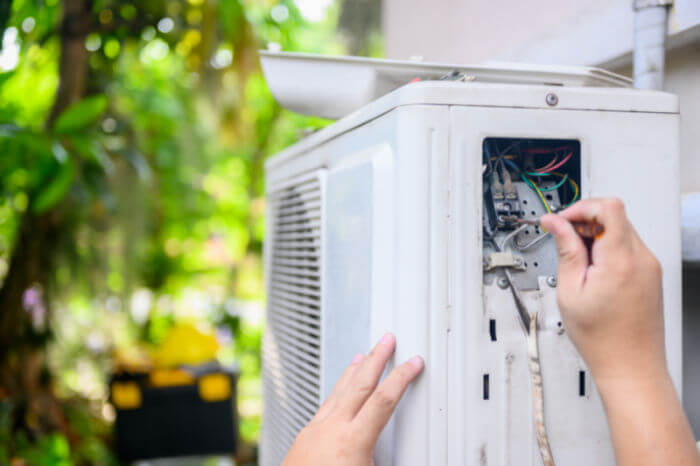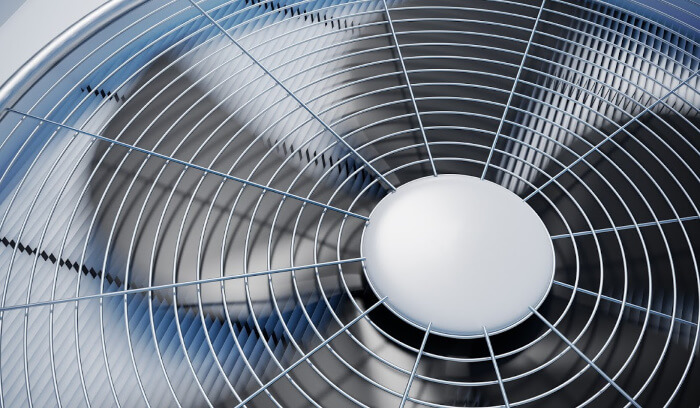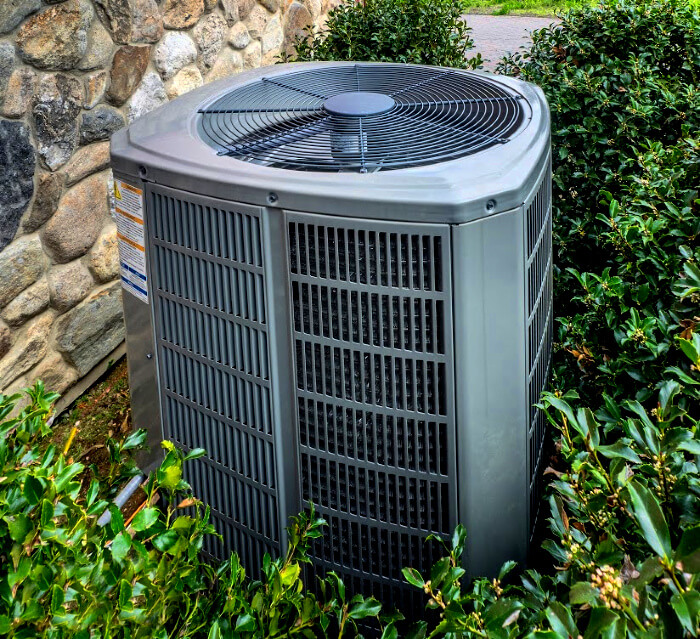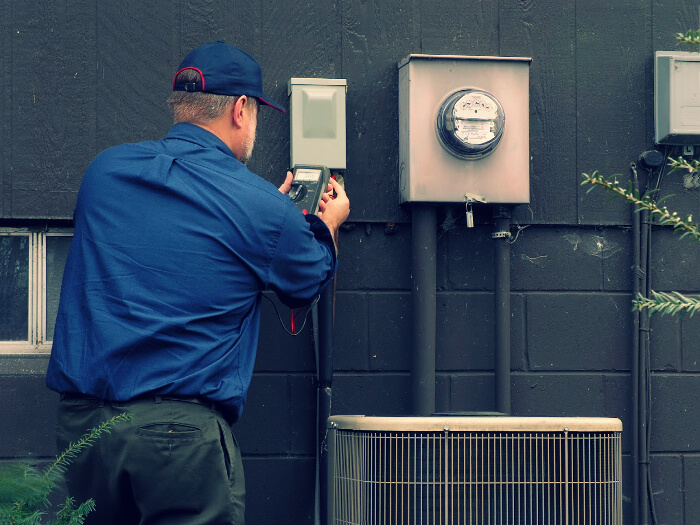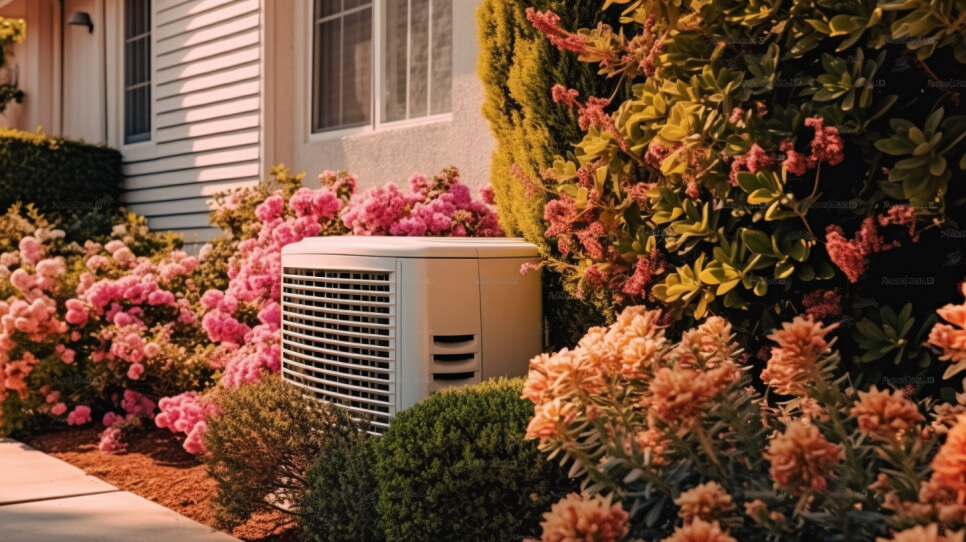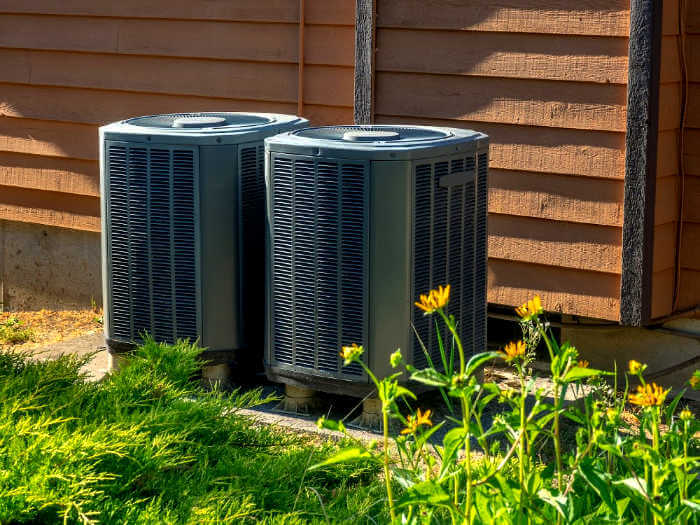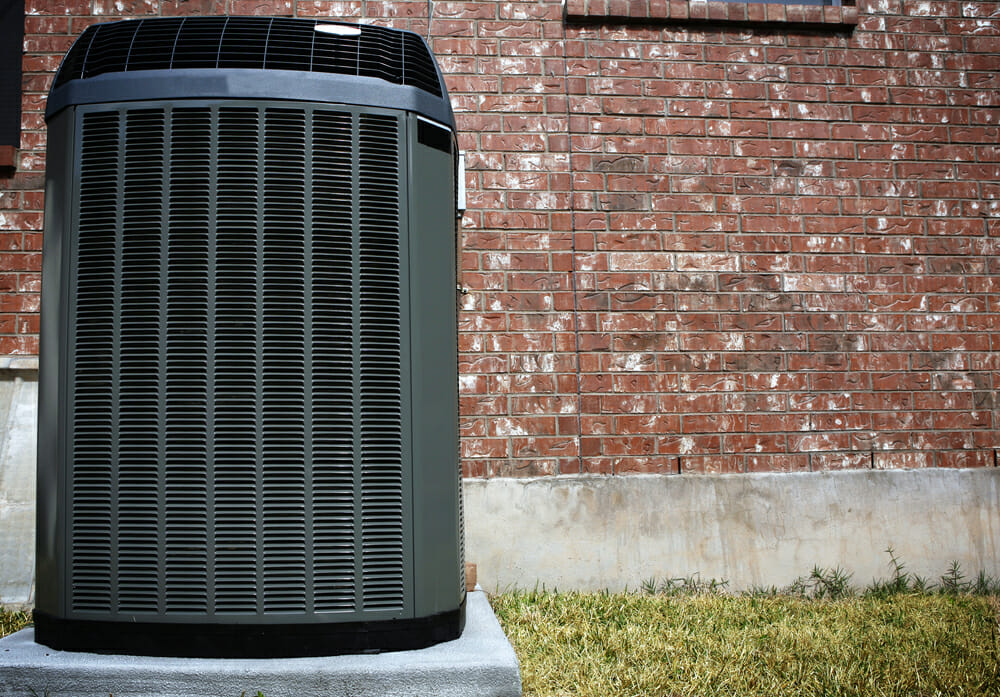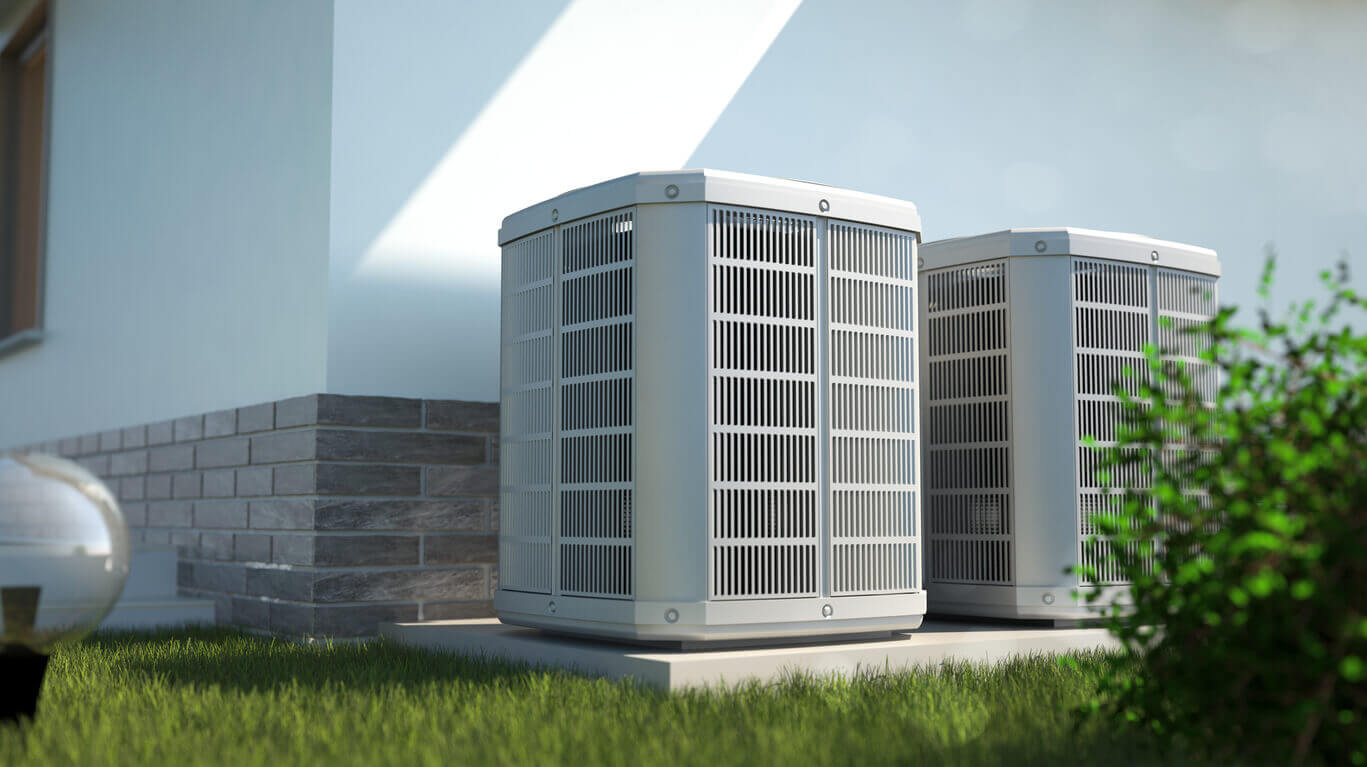Find Trusted HVAC Contractors Near You in Augusta, GA
Whether you need air conditioning repair, heating installation, or a full HVAC system replacement, finding the right contractor makes all the difference. Local HVAC professionals in Augusta understand how humid subtropical climate conditions and hot, humid summers and mild, wet winters affect heating and cooling systems — especially with temperatures ranging from 34°F in winter to 94°F in summer.
Modernize connects homeowners in Augusta, GA with licensed, vetted HVAC contractors who specialize in repair, installation, tune-ups, and energy-efficient system upgrades.
Common HVAC Services Offered in Augusta
Local heating and cooling experts provide a full range of home comfort services, including:
- HVAC repair (AC not cooling, furnace won’t start, leaks, strange noises)
- New HVAC installation and system replacement
- Heat pump installation and repair
- Furnace installation (gas, electric, high-efficiency units)
- Ductwork installation and replacement
- Seasonal tune-ups and maintenance plans
- Indoor air quality solutions (filters, purifiers, humidity control)
- Energy-efficiency assessments to lower utility bills
Average HVAC Costs in Augusta, GA
The price of HVAC services in Augusta varies depending on your system type, home size, and labor rates in Georgia. Here’s what homeowners typically pay:
| Service Type | Average Cost Range | Description |
|---|---|---|
| Standard HVAC repair | $168 – $560 | Common repairs like capacitor replacement, thermostat issues, or electrical fixes. |
| Major HVAC repair | $560 – $2,184 | Larger repairs such as refrigerant leaks, compressors, or major components. |
| New HVAC system (unit only) | $9,059 | Cost of the heating or cooling unit itself. |
| Full HVAC installation (unit + labor) | $13,938 | Complete system installation. |
| HVAC installation with new ductwork | $17,506 | Includes full duct replacement and new HVAC system install. |
| Basic HVAC tune-up | $129 | Seasonal inspection and cleaning. |
Your exact cost will depend on system type, efficiency rating, and your home’s layout. Request multiple quotes to compare options from local HVAC pros.
How to Choose the Best HVAC Contractor in Augusta, GA
To get reliable service and long-lasting results, look for:
- Licensed and insured technicians in Georgia
- Experience with local weather patterns and home types in Augusta
- Clear written estimates for labor, equipment, and installation
- Strong reviews on Google, BBB, or Modernize
- Energy-efficient recommendations that lower long-term utility costs
- Warranty options on both equipment and workmanship
Why Homeowners in Augusta Trust Modernize
Modernize connects homeowners in Augusta, GA with vetted, licensed HVAC contractors who specialize in local heating and cooling needs. Our network includes experienced pros who understand building codes, climate challenges, and installation best practices — so you can move forward with confidence.
Get quotes from top HVAC contractors in Augusta today.
Frequently Asked Questions
Related Cost Guides & Articles
Related Services in Augusta, GA
- Air Conditioner Repair
- Air Duct Cleaning
- Central Air Conditioning Installation
- Dryer Vent Cleaning
- Ductwork Replacement and Installation
- Emergency Furnace Repair
- Emergency HVAC
- Furnace Installation and Repair
- Gas Furnace Repair
- Heat Pump Installation
- Heat Pump Repair
- Heating and Air Conditioning
- Heating and Cooling Repair
- HVAC Repair

